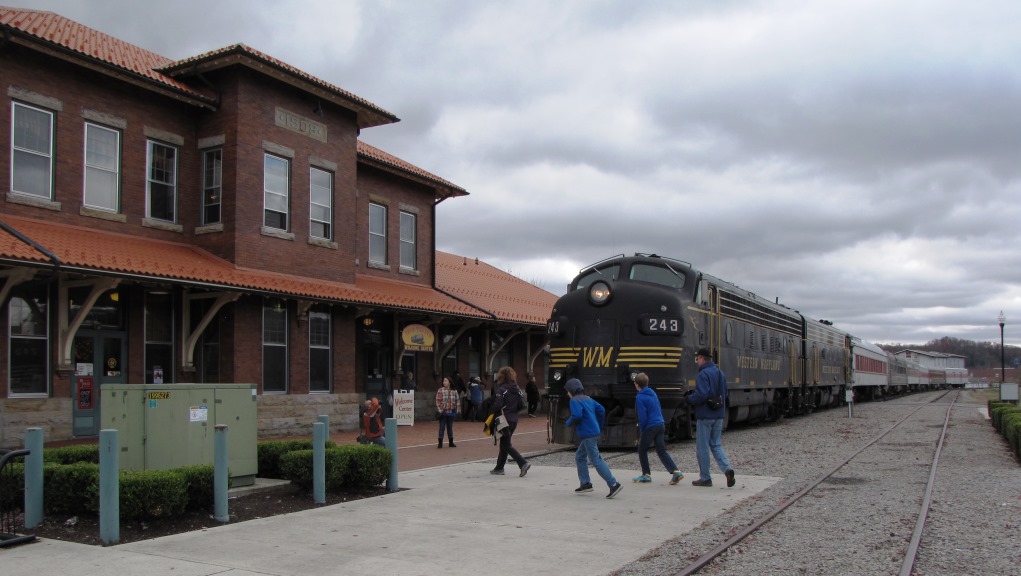On April 3, 2019, the Appalachian Regional Commission (ARC) announced three major awards—totaling $3.36 million—designed to boost revitalization and economic diversification in Appalachian Region communities that have been devitalized as a result of the nation’s switch to cleaner, more-responsible power sources.
These investments focus on strengthening responses to the substance abuse crisis Kentucky and Ohio, and building a sustainable local food system in North Carolina.
The new awards include:
- $1,136,000 to WestCare Kentucky, Inc., in Pikeville, Kentucky, to renovate a 24,600-square-foot building in Pike County into a facility providing residential substance abuse treatment for women. Treatment services will include an emphasis on recovery-to-work support such as professional development, skills training, and peer counseling;
- $1,100,000 to Ohio University, in Athens, Ohio, to coordinate a regional network of treatment, recovery and workforce training programs anchoring a recovery ecosystem specifically for women in southeast Ohio with substance abuse disorder; and
- $1,100,000 to North Carolina State University Center for Environmental Farming Systems (CEFS) to develop a sustainable infrastructure for local and regional food systems in western North Carolina with an emphasis on technical assistance, market development, career ladders, value added opportunities, and other supply chain needs. NOTE: Storm Cunningham will soon be adding to this regenerative agriculture momentum when he keynotes a major fundraising event for the Carolina Farm Trust. It’s taking place in Charlotte, North Carolina on May 2, 2019.
“A strength of ARC’s POWER Initiative is the regional and potentially transformational partnerships that it fosters in order to improve economic opportunity in coal-impacted communities,” said Tim Thomas, ARC Federal Co-Chair. “These projects exemplify what can be accomplished when a broad array of stakeholders work together to build economically resilient communities.”
Thomas made the announcement during a project briefing in Athens, Ohio, about efforts underway to develop a community driven recovery ecosystem in southeast Ohio. In 2015, the overdose mortality rate in Appalachian Ohio for people ages 15-64, which includes those in their prime working years (ages 25-54), was over two times the rate found in the non-Appalachian United States.
Funding for these awards was made via the POWER (Partnerships for Opportunity and Workforce and Economic Revitalization), a congressionally funded initiative that targets federal resources to help communities and regions that have been affected by job losses in coal mining, coal power plant operations, and coal-related supply chain industries due to the changing economics of America’s energy production.
Including this new announcement, ARC has invested over $148 million in 185 projects touching 312 counties across Appalachia since 2015. ARC is working with Chamberlin/Dunn LLC, a third-party research firm, to monitor, analyze, and evaluate these investments.
The Appalachian Regional Commission is an economic development agency of the federal government and 13 state governments focusing on 420 counties across the Appalachian Region. ARC’s mission is to innovate, partner, and invest to build community capacity and strengthen economic growth in Appalachia to help the Region achieve socioeconomic parity with the nation.
Photo of historic train station in Elkins, West Virginia by Storm Cunningham. Tourism based on repurposing and renewing old infrastructure like this is just one way in which the formerly coal-dependent local economy is being diversified.

